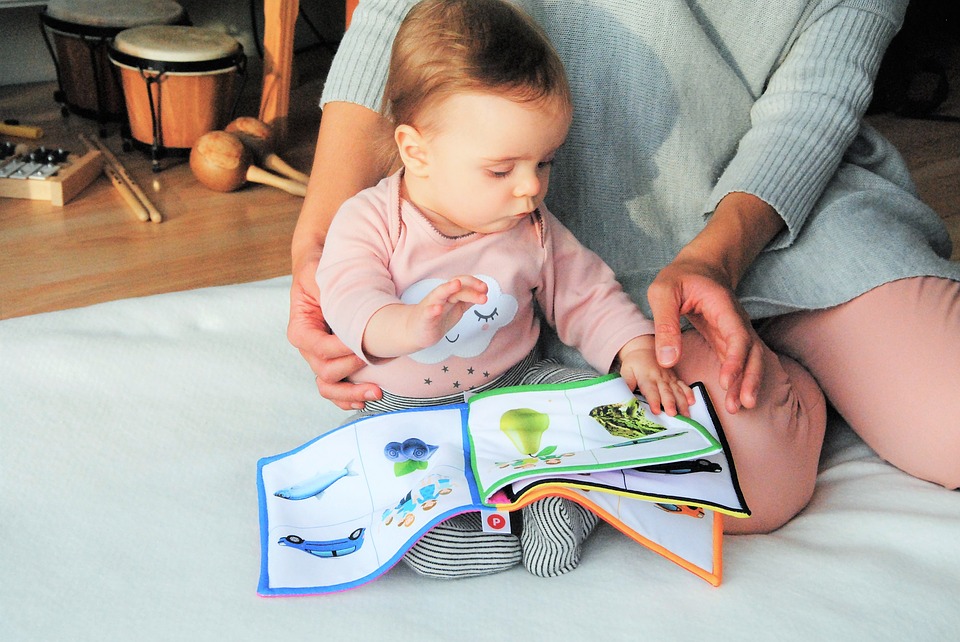
Returning to work after a baby: 15 tips
When you return to work after becoming a parent, there’s a lot to think about, including how you’ll fit in extra responsibilities. These tips can help you get the most out of your time at home and at work.
Your return to work: how to make it go smoothly
1. Make changes before you return to work
One way to do this is to think about what your new daily routine will be like and whether there are things you can start doing now to ease the transition – for example, trialling a new child care routine or finding a back-up carer.
2. Plan your child care well ahead of time
Choose the type of child care that you think will be right for your family, and then plan how you’ll settle your child into care.
3. Talk with family, friends, other carers and educators about your plans
It can help to get advice from other people. Professionals, or people who know you well, might have ideas for saving time or might be able to help you spot potential problems before they arise.
4. Plan some food and cooking shortcuts
You could try cooking more than you need and freezing leftovers for future meals. Cooking websites and supermarket magazines often have quick and easy family recipes. Or keep a few things in the pantry or freezer for quick simple meals when you don’t have time to shop.
5. Try to leave work distractions at work
Now that you have less time with your child, you’ll want to make the most of the time you do have together. For example, it can help to set some boundaries around how much work you’ll do at home, including limits on checking and responding to emails or phone calls.
6. Do what you can the night before
Things like laying out clothes or making lunches the night before all make the morning less of a rush.
7. Stick to a routine if you can
Family routines help children know what to expect and help them behave better too. Routines can also help you keep family life organised, which might reduce any stress you’re feeling.
8. Take your child or family to work social occasions
This can be fun for you and your child. And meeting your child might make it easier for your colleagues to be understanding – for example, if you have to take carers leave because your child is sick.
9. Stay briefly with your child at child care, if you can
Spending a few minutes together at the start of the session will help ease your child into the new routine and environment.
10. Build a relationship with your child’s carer
This can really cut down on your stress and your child’s stress. It also helps you keep up with what your child is doing and learning. You could let your child’s carers know how much you appreciate their care. You could also keep a photo of carers on the fridge at home, as well as a photo of yourself in the care environment to help your child connect the two settings.
11. Tackle any questions or worries about your child’s care quickly
If you’re worrying about child care, it can be hard to concentrate at work. And talking to your child’s carer regularly – not just when you have concerns – is another way to build a relationship and make it easier to tackle any worries that do come up.
12. Have a back-up carer for your child
This will really reduce pressure and worry for you. Somebody who can help out at short notice and who you trust is the key. Some options are friends, parents from playgroup, grandparents, other relatives and partners.
13. Have a back-up plan for when your child gets sick
It’s pretty common for children to get sick in their early years at child care, so it’s a good idea to decide what you’ll do when this happens. For example, if you have a partner, can one of you change your hours or work from home for a day or so to care for your child? Or you might need to find somebody else who can help out with emergencies.
14. Plan some family time
This can be a real help if you find your work responsibilities are making it harder for your family to spend time together. For example, you could plan to go for a walk with your partner and child a couple of evenings each week.
15. Take time to relax and unwind when you can
This will help your stress levels and overall wellbeing. If you can, taking public transport to work can be a great way to have some time to yourself to read or listen to music. During your lunch break, take a walk around the park, do some window shopping, go to the gym, have coffee with a friend or read a book – whatever it takes to have some ‘me time’.

Article sourced from the Raising Children Network website – The Australian parenting website that provides ad-free parenting videos, articles and apps backed by Australian experts.


